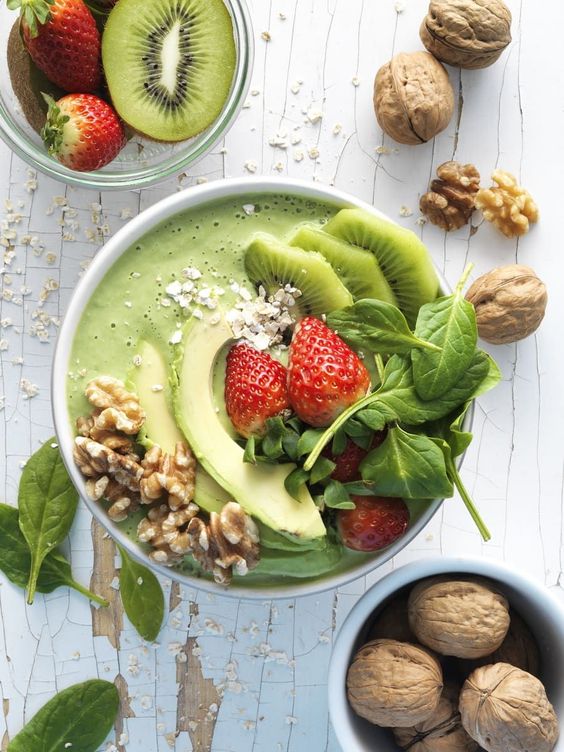Top 5 Nutrients for Pregnancy
Congrats! You’re pregnant and on your journey of creating a beautiful baby. But now what? Your mind goes a million miles a minute with all sorts of questions you have trying to give your baby the absolute best.
The first thing to think about is these essential nutrients you should incorporate into your daily routine. Studies show that what you eat and don’t eat before & during your pregnancy will have an immense effect on your baby’s development, delivery and health later in life. Additionally, incorporating the right nutrients will help you have an easier pregnancy and postpartum recovery.

5 Essential Nutrients for Pregnancy
Omega 3 Fatty Acid (DHA)
One of the most important nutrients needed during pregnancy is Omega 3 Fatty Acids. These healthy fats are needed for the baby’s brain development, vision, and are an essential component to the building of cell membranes throughout the body. They are also the building blocks of a healthy immune system and cardiovascular system. For the mother, Omega 3’s help protect the nervous system, fight constipation, and lessen dry skin and stretch marks. Most importantly, they can help prevent postpartum depression.
It is best to get your Omega-3s from food sources. If that isn’t possible, your doctor may prescribe 1000mg of DHA per day. Make sure the supplement has both DHA and EPA. Wild Alaskan Salmon, cold-water fish, and organic flax seeds are the best natural sources for Omega-3 Fatty Acids. You can use fish oil or supplements, just verify that they are purified or micro-distilled to avoid Mercury or other toxins.
If you are not eating fish, it is recommended to supplement with 1000mg a day. You need 500mg a day when you consume 12oz of fish a week. Two 4-oz servings of Omega-3 rich fish per week is ideal for pregnant women.
List of Omega-3 Rich Sources
- 4 oz Wild Caught Alaskan Salmon
- 1 tsp Flaxseed Oil = 2,395mg
- 1 DHA-Fortified Egg = 100-150 mg
- 1 Tbsp Flax Seeds, ground =1,597 mg
- 1/4 cup Walnuts = 2,293 mg
- 1 Tbsp Peanut Butter, fortified = 4,950 mg
- 1 Tbsp Walnut Oil = 466 mg
- 1 tsp Wheat Germ Oil = 310mg
- 1 tsp Canola Oil = 411 mg
- 4 ounces Organic Tofu = 300mg
- 1/2 cup Organic Soybeans, dried, cooked = 500 mg
Folic Acid
Pregnant mothers need 800mg of Folic Acid per day. Folic Acid is a B Vitamin and needed for cell growth and division. It helps to prevent neural tube defects in the baby like spina bifida and anencephaly, as well as miscarriage, premature birth, birth defects, and anemia. The best sources for folate is green leafy vegetables, eggs, whole grains, beans such as black-eyed peas, liver, nuts, and wheat germ.
Protein
During pregnancy, you need an additional 25 grams of protein per day to help in the production of new cells including the placenta, breast milk, sexual development. Protein also provides amino acids, which are the building blocks for the baby’s body. Protein-rich foods include organic grass-fed meat, organic free-range lean poultry, DHA fortified & cage-free eggs, legumes, nut, and seeds.
Calcium
During pregnancy, 1,600-2,000mg of calcium is needed per day. Calcium grows the baby’s skeleton, nervous, muscular, and cardiac systems. If taking Calcium supplements, make sure it also includes Magnesium, as these two vitamins work in tangent. Calcium-rich foods include: dark leafy greens such as spinach, kale, broccoli, bok choy, alfalfa, kelp, and dandelion, legumes, almonds, figs, and oatmeal.
Iron
Iron intake should be 18mg per day as it is what makes the blood for both the mother and child. Iron supplies oxygen to cells for healthy growth and development. Iron is needed the most during the later stages of pregnancy. Iron is easily found in green veggies, dried fruits, sea vegetables, eggs, liver, legumes, nettle, molasses, kelp, alfalfa, dandelions, fennel and watercress. Also take Vitamin C at the same time as you need it for the iron to be absorbed by the body.
